The Chaos of NIH Cuts Has Left Early-Career Scientists Scrambling
The Chaos of NIH Cuts Has Left Early-Career Scientists Scrambling

Send us a link

Ethics watchdogs are looking out for potentially undisclosed use of generative AI in scientific writing. But there's no foolproof way to catch it all yet.

It's time to decouple maternity from womanhood. Recent advances in fertility science are helping pave the way toward inclusivity.

The open science movement pushes for making scientific knowledge quickly accessible to all. But a new paper warns that speed can come at a cost.
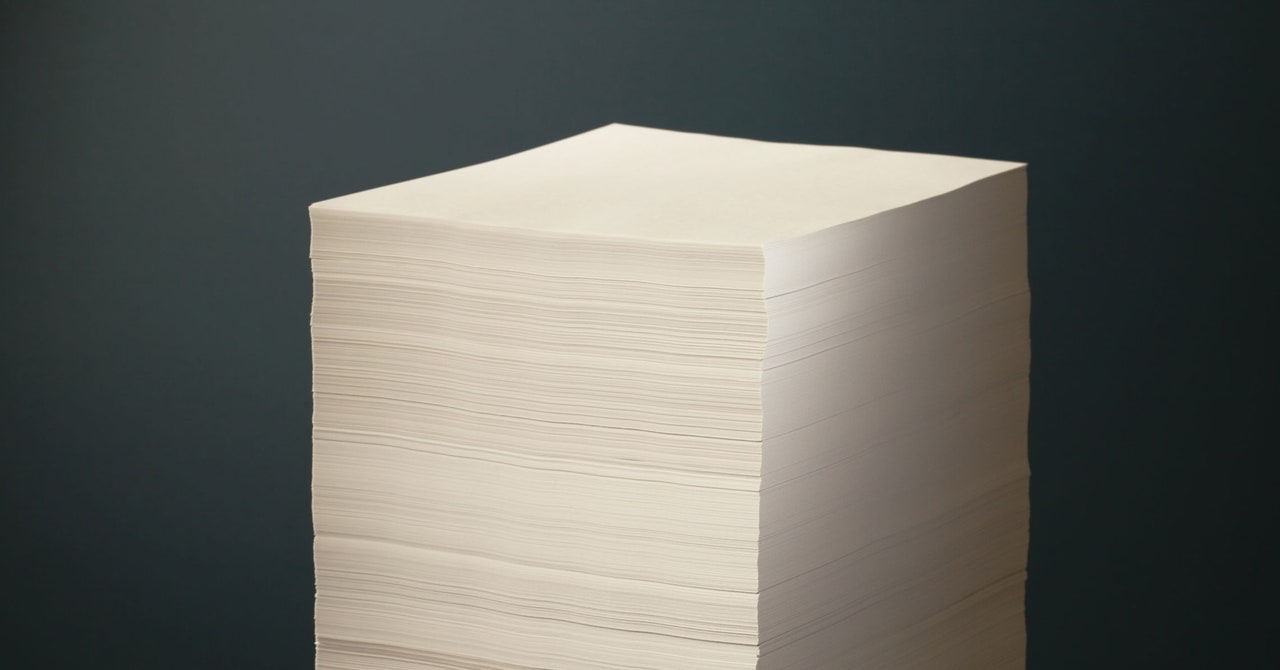
If everyone ate just 20 percent less beef, deforestation rates by 2050 could be half as bad.

Covid forced the world to develop some of the best epidemiological surveys ever done. Now they're being cut back, even as the threat of the virus lingers.

Hundreds of trials have been disrupted in the medical research hub. Some patients are at risk of losing their last chance at survival.

The Black in X network mobilized last summer to bring attention to racism in STEM. This week, they're holding their first conference to talk about what's next.
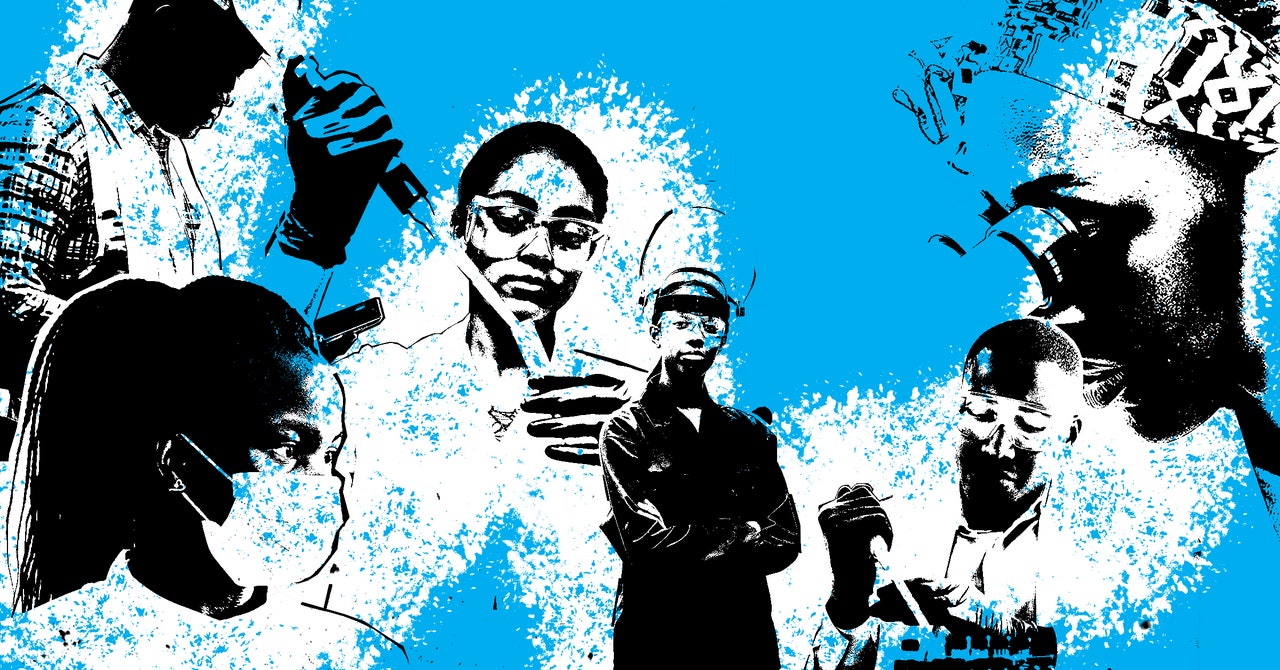
Ooh, the behavioral economists are going to be so smug about this.
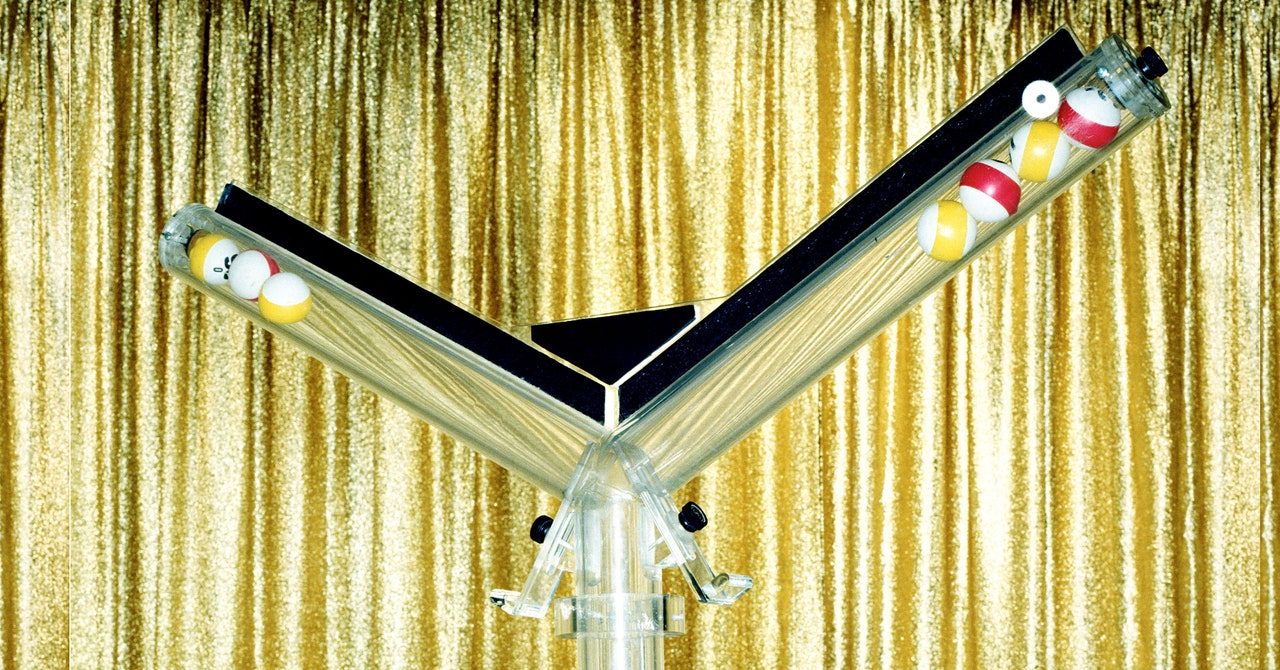
All pandemic long, scientists brawled over how the virus spreads. Droplets! No, aerosols! At the heart of the fight was a teensy error with huge consequences.
A mental health startup built its business on easy-to-use technology. Patients joined in droves. Then came a catastrophic data breach.
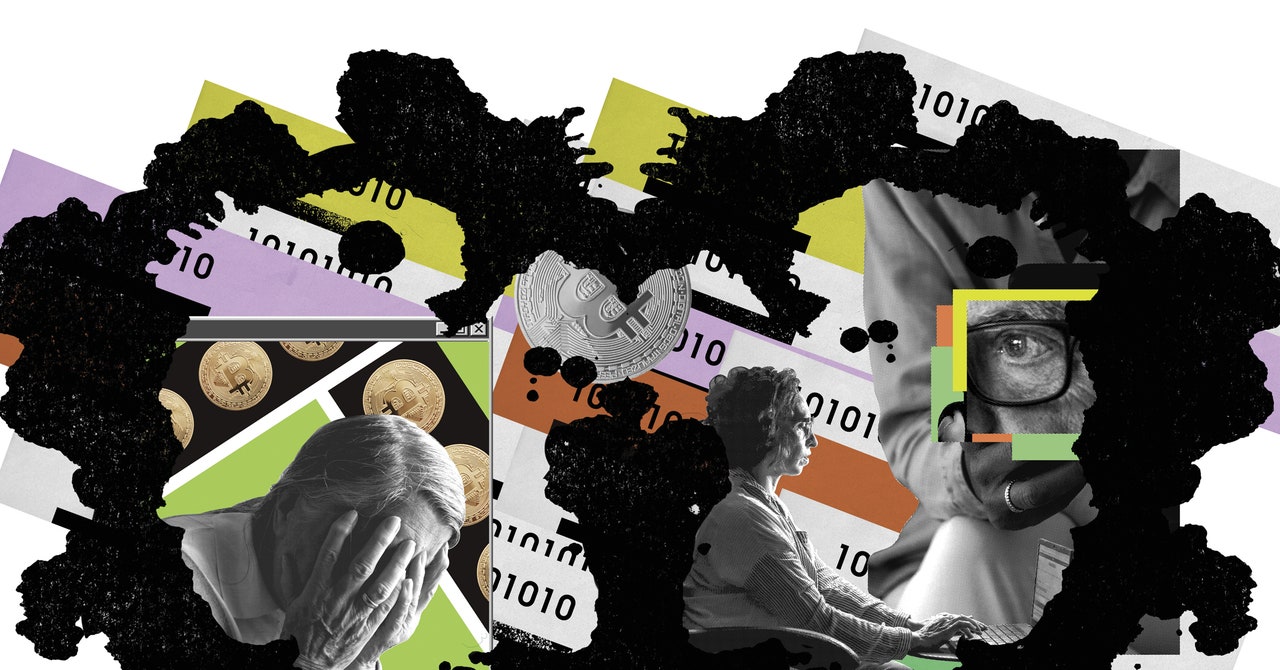
The "hygiene hypothesis" says early contact with microbes trains our immune systems. But what happens after a year of distancing?

The company's explanations have been confusing and inconsistent, but there are finally some answers.
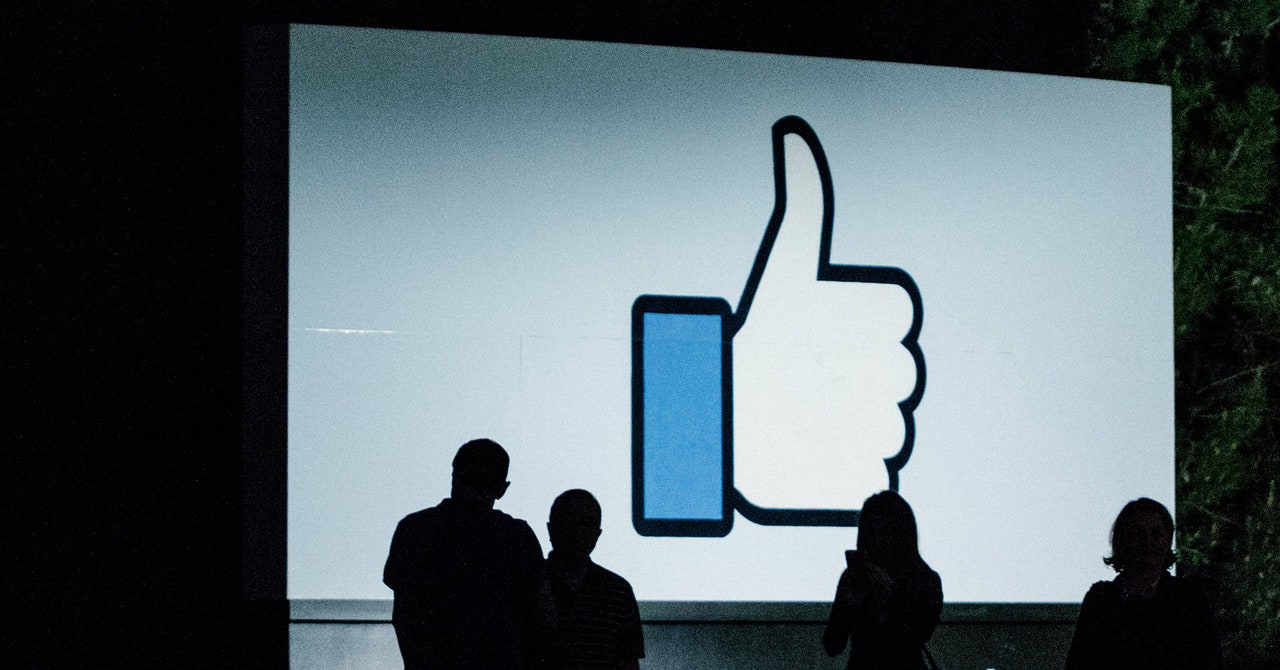
In 2019, I made a painful decision. But to the algorithms that drive Facebook, Pinterest, and a million other apps, I'm forever getting married.

The Big Four all lean on the encyclopedia at no cost. With the launch of Wikimedia Enterprise, the volunteer project will change that-and possibly itself too.
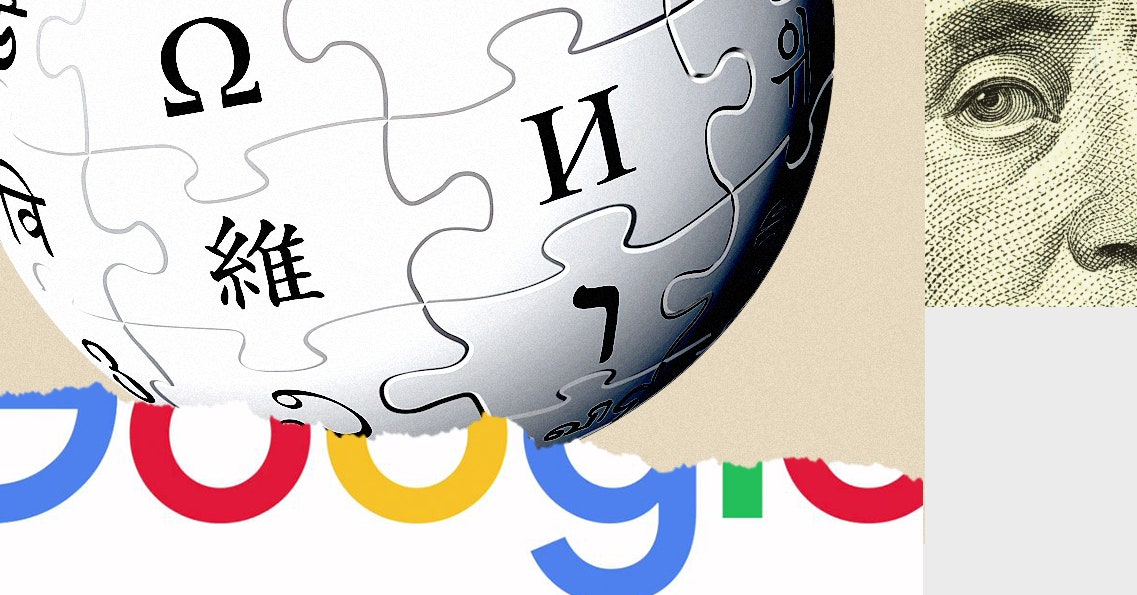
The Red Planet's red looks different to an Earthling than it would to a Martian-or to a robot with hyperspectral cameras for eyes.
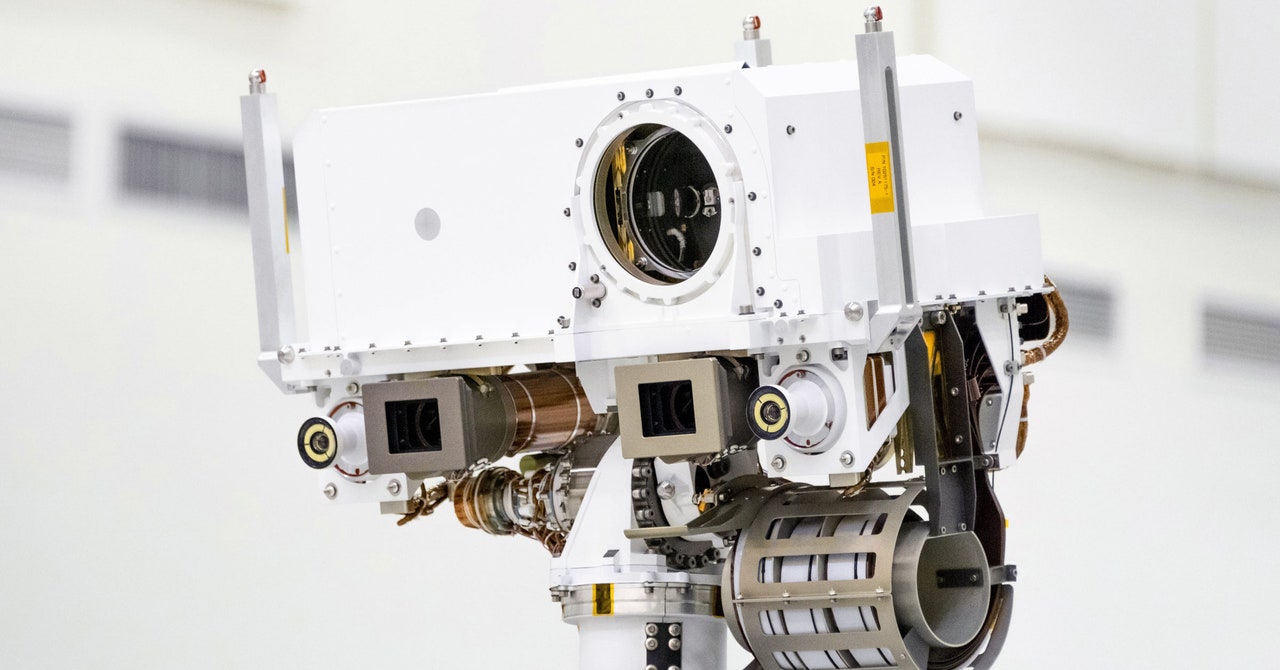
A chess program that learns from human error might be better at working with people or negotiating with them.

Getting rid of harmful papers is a vital step toward reestablishing readers' trust. Next, publishers should target articles that are flawed in other ways.
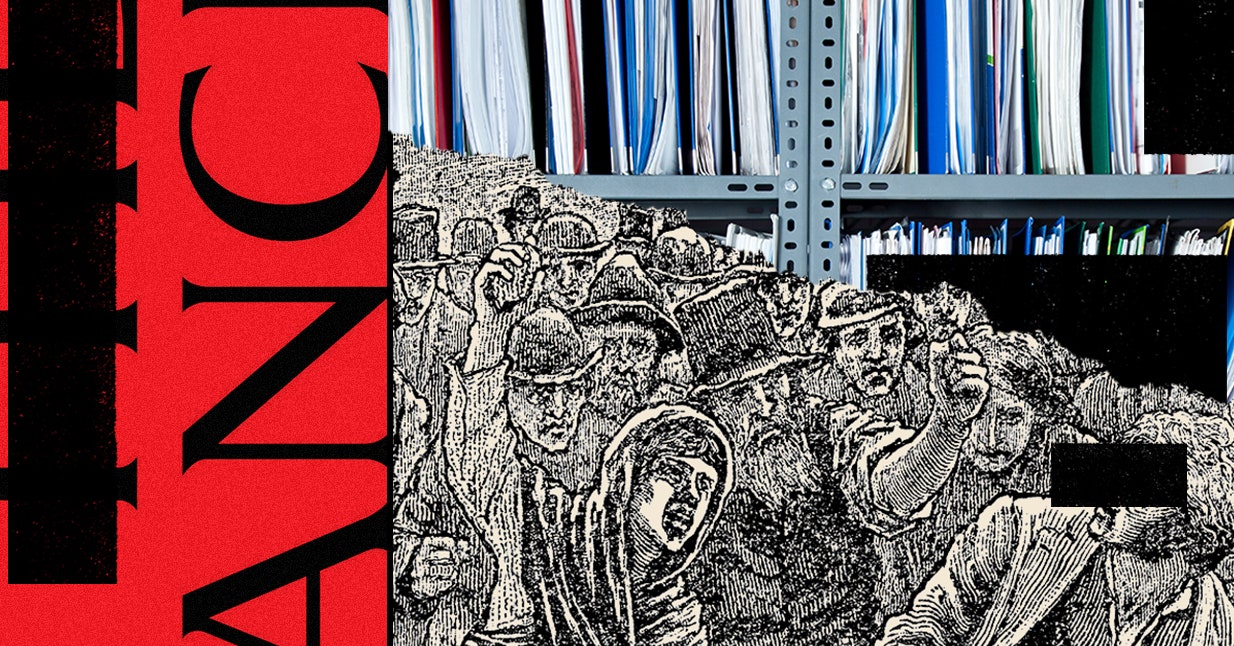
Businesses and entrepreneurs are racing to deploy blockchain technology against all manner of problems, and perceived opportunities.
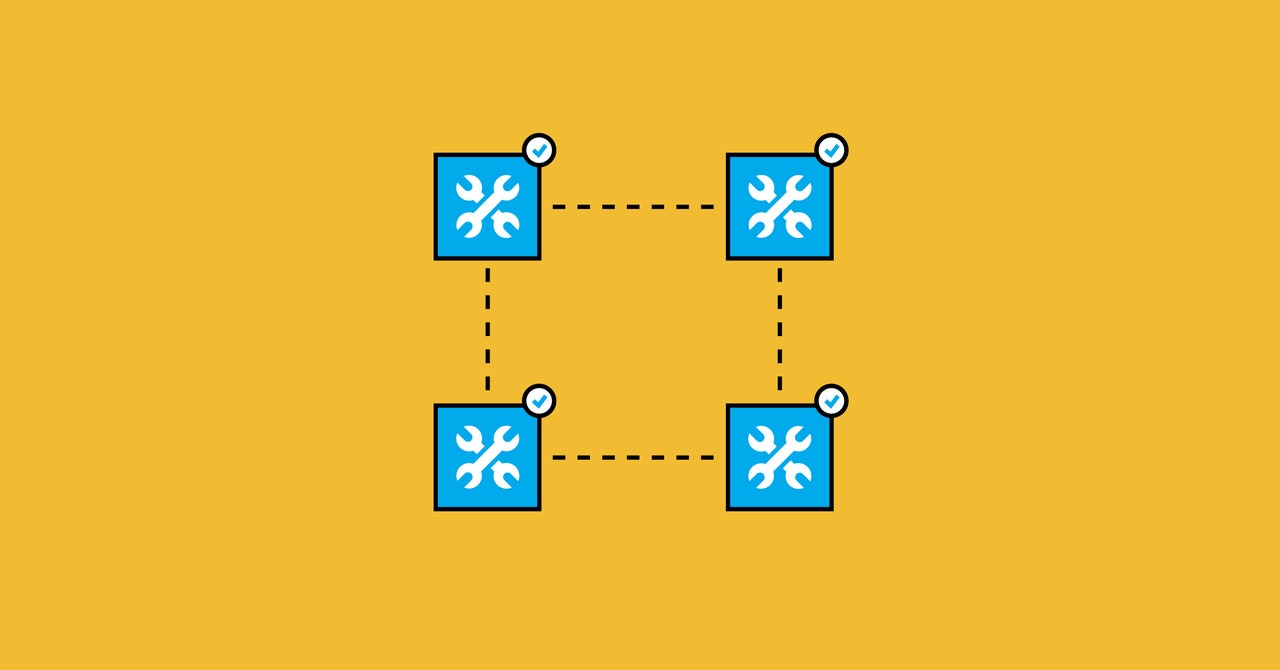
The order to reroute CDC hospitalization figures raised accuracy concerns. But that's just one of the problems with how the country collects health data.

Another botched peer review - this one involving a controversial study of police killings - shows how devil's advocates could improve the scientific process.
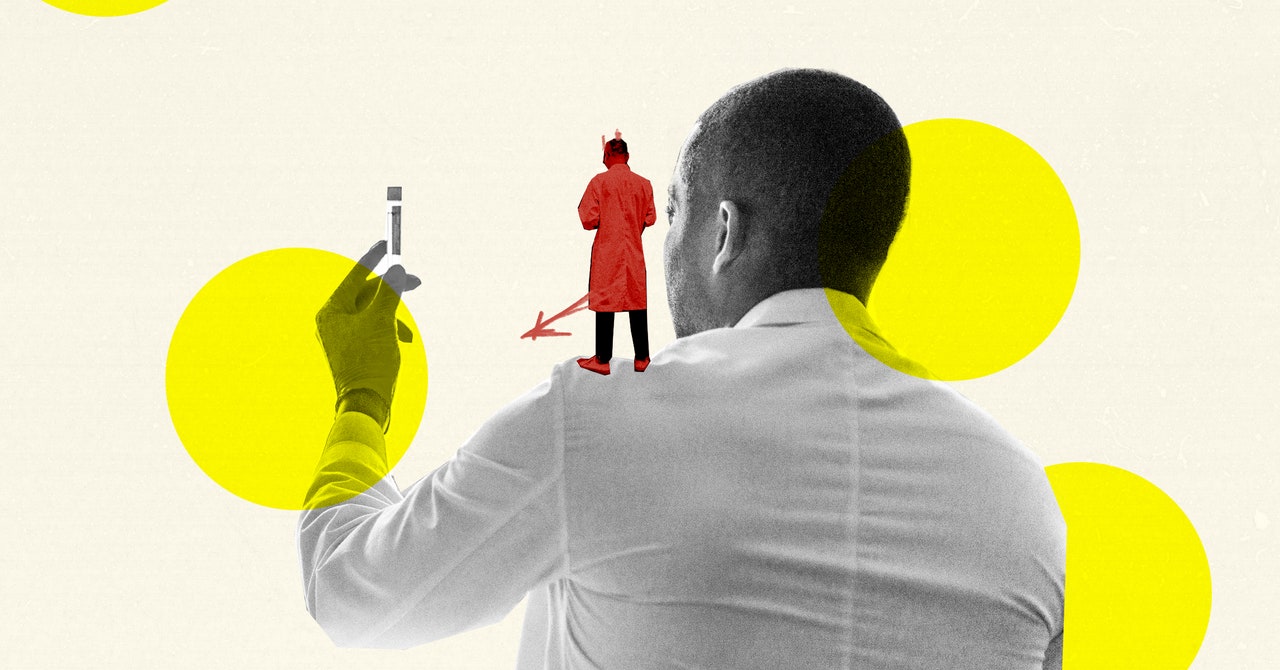
Public health messaging and science have to work hard to stay in sync during a crisis. During the Covid-19 pandemic, they haven't always succeeded.
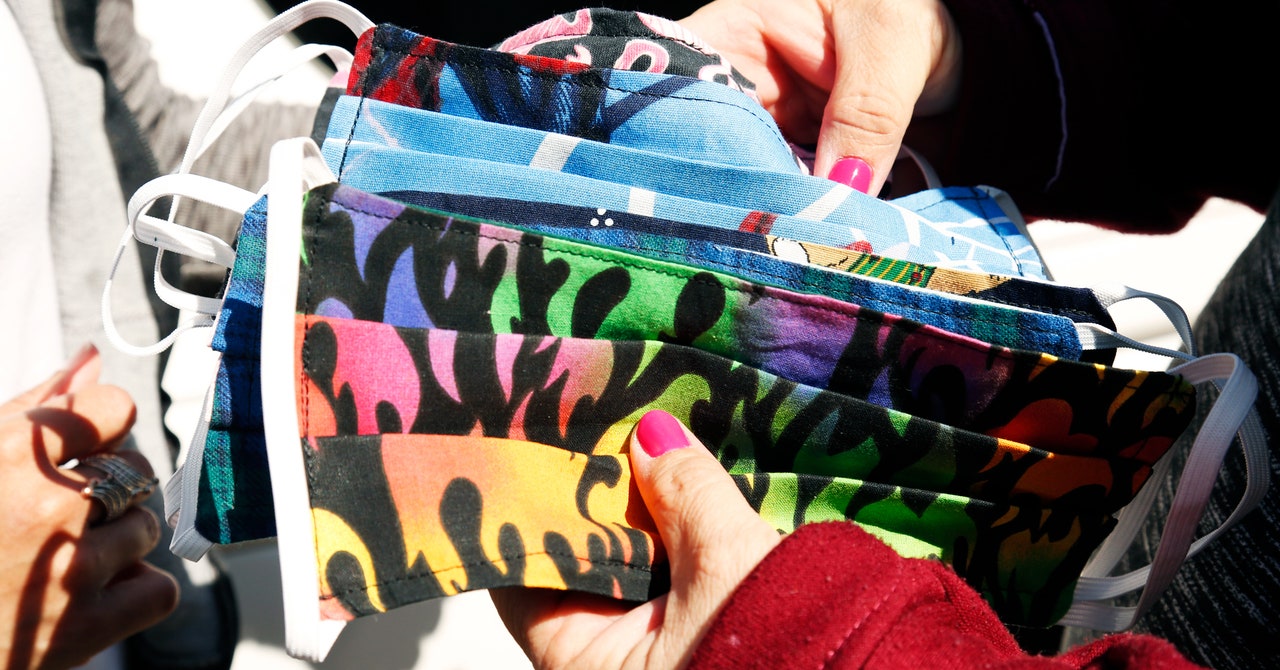
The rapid sharing of pandemic research shows there is a better way to filter good science from bad.